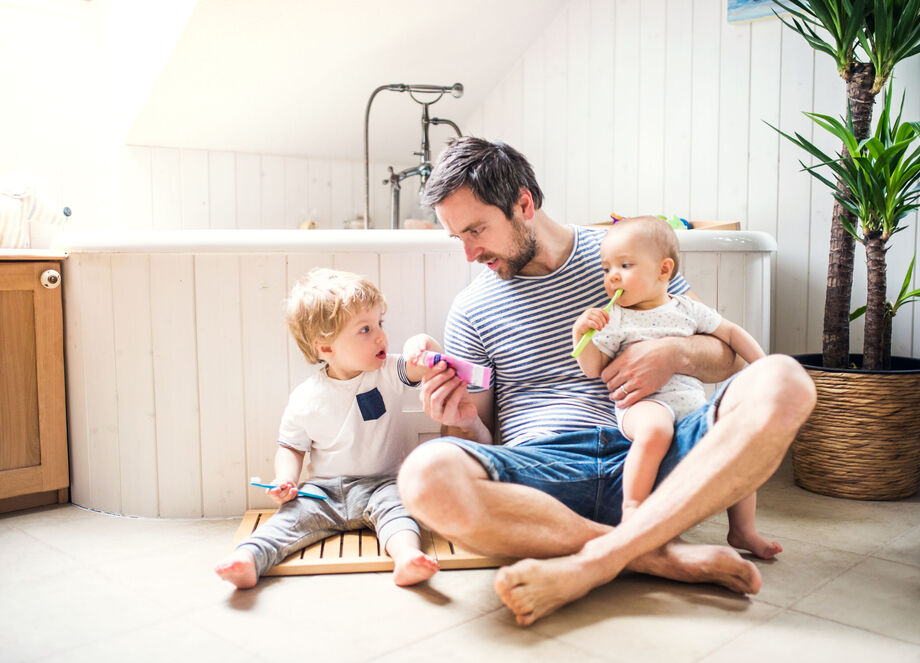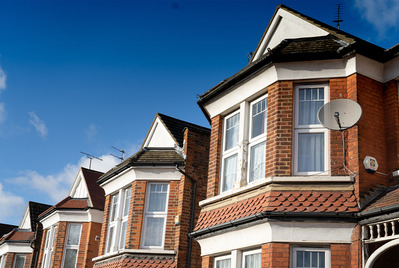
What is Legionella?
Legionella is a bacteria that forms in standing water where the temperature is between 20 and 45 degrees Celsius and nutrients such as sludge, scale and rust are present. If the bacteria is inhaled, it can cause Legionnaire’s disease, a potentially fatal type of pneumonia. If someone’s immune system is already compromised – particularly in the area of the chest and lungs, by things like asthma and flu – Legionnaires disease can be much more dangerous and potentially fatal.
How rare is Legionella?
Normally, it’s incredibly rare and not something to worry about. Among a population of around 59 million, there were just over 500 cases of Legionnaire’s disease in England and Wales in 2019, according to Public Health England. Half of these were due to travel and around half were in communities.
So the chance of your tenants being affected really is very small indeed, in ordinary circumstances. However, with the current coronavirus threat, it’s certainly worth making sure the water system in your rented property does not present a risk.
Your legal obligations
According to the Health and Safety Executive
The practical and proportionate application of health and safety law to landlords of domestic rental properties is that whilst there is a duty to assess the risk from exposure to Legionella to ensure the safety of their tenants, this does not require an in-depth, detailed assessment
This means it’s up to you as a landlord to decide whether (a) you’re happy to check and confirm the property is free of Legionella yourself, or (b) you want to engage a company to conduct an independent assessment and agree who is liable if something goes wrong.
Minimising the risk in your rented property
In most occupied domestic properties, the risk is already low because the hot and cold water tend to be used regularly, keeping the supply moving. If your property has a combination boiler and electric showers, the risk is even lower because water is not being stored.
To minimise the risk of legionella bacteria forming:
-
Flush the water system between lets
-
Flush all toilets weekly if the property is standing empty
-
Avoid debris getting into the system, e.g. by making sure any cold water tanks have well-fitted lids
-
Set the temperature of the hot water cylinder to ensure water is stored at 60°C
-
Remove any redundant pipework
Tenants should:
-
Regularly clean and disinfect shower heads
-
Adjust the temperature setting on the calorfier (water heating) tank
- Report any problem with the water system as soon as it is noticed
If we manage your property, ask about checking your property on your behalf, if you would like any further information, contact your local branch.
Questions?
The Your Move Content Marketing Team



